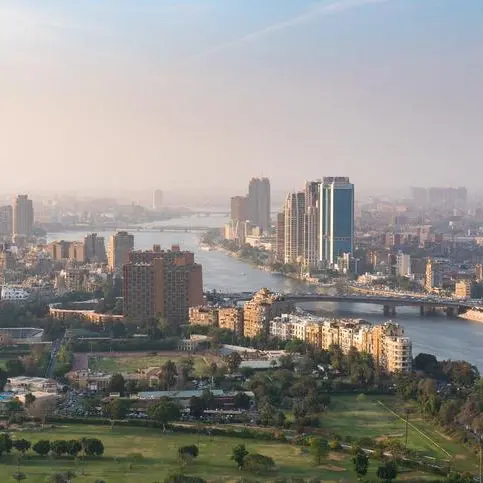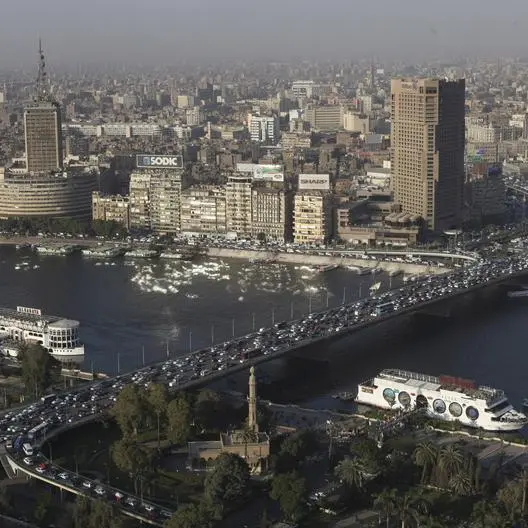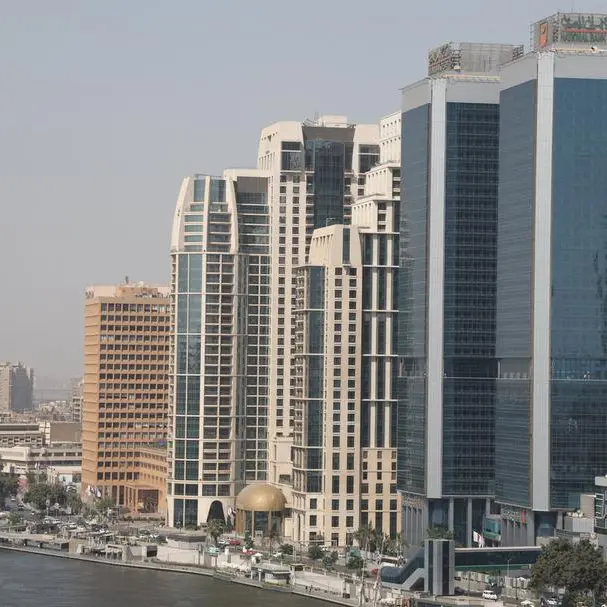PHOTO
The economic outlook of the Gulf Cooperation Council (GCC) countries remains positive as governments are taking the lead to boost economic growth and improve consumer and investor sentiments despite challenging times.
The growth in the GCC recovered to 2.2 per cent in 2018 but is expected at two per cent in 2019 after economies began slowing down as a result of their commitment to the recent organisation of the Petroleum Exporting Countries (OPEC) production-cut agreement.
In addition, expansionary fiscal policy will continue to drive non-oil growth, which has picked up modestly from 2.5 per cent in 2018 to 3.2 per cent this year after a contraction of 0.4 per cent in 2017, as stated by many international institutions.
However, global trade tensions are likely to hamper GCC growth indirectly. The region may be impacted secondarily due to the possibility of a fall in global crude oil prices, a slowdown in trade and the logistics industries, tariffs on aluminium, and an outflow of capital. That said, the strong economic foundations of GCC economies are expected to absorb the shocks of a global trade war.
In 2018, the US Federal Reserve raised the federal funds target rate by 75 basis points and signalled more monetary tightening by the end of 2019. However, the Federal Reserve has sent signals of a slowdown in the pace of interest rate increases because of the weaker global economic environment in 2019 due to slow demands in China and Europe, policy uncertainty concerning Brexit, and trade tension.
The current pause will help to prevent possible negative effects on economic growth due to risks from overseas. Meanwhile, monetary policy among the GCC members remains focused on stabilising the currency pegs to the US dollar. In 2018, key policy rates increased following a recent hike in the greenback.
The tighter monetary policy has had a negative effect on the GCC region by constraining the expansion plans of the governments, increasing borrowing costs, and weakening private sector growth. However, given the Federal Reserve’s shift toward a slower pace of rate hikes, borrowing costs are likely to stay lower for longer this year, leading to a boost in the region’s growth.
Financial systems in the GCC have developed significantly in recent years, mainly due to banks, but there appears to be room for further progress, as stated by the International Monetary Fund.
Additionally, financial soundness indicators suggest that the banking systems are well positioned, with strong capitalisation and adequate liquidity, and well equipped to absorb potential shocks. A further increase in policy rates in 2019, in line with the US Federal Reserve’s actions, may tighten financial conditions and put some pressure on credit growth, which will eventually hit non-oil sectors.
Overall, the banking systems in GCC countries remain steady and show improvement in their operating conditions. Despite some weakening, loan performance still remains strong, supported by a robust capital flow due to the recent increases in oil prices. Credit is expected to grow due to increased government spending, expanding economic activity.
Though the legacy of problem loans in recent years is still a challenge for the GCC banking sector, the percentage of non-performing loans is expected to remain steady by year-end. Besides, we do not expect any major shocks in the GCC banking system, which is expected to stay stable in 2019, as long as oil prices and the geopolitical situation remains steady.
© 2019 CPI Financial. All rights reserved. Provided by SyndiGate Media Inc. (Syndigate.info).





















